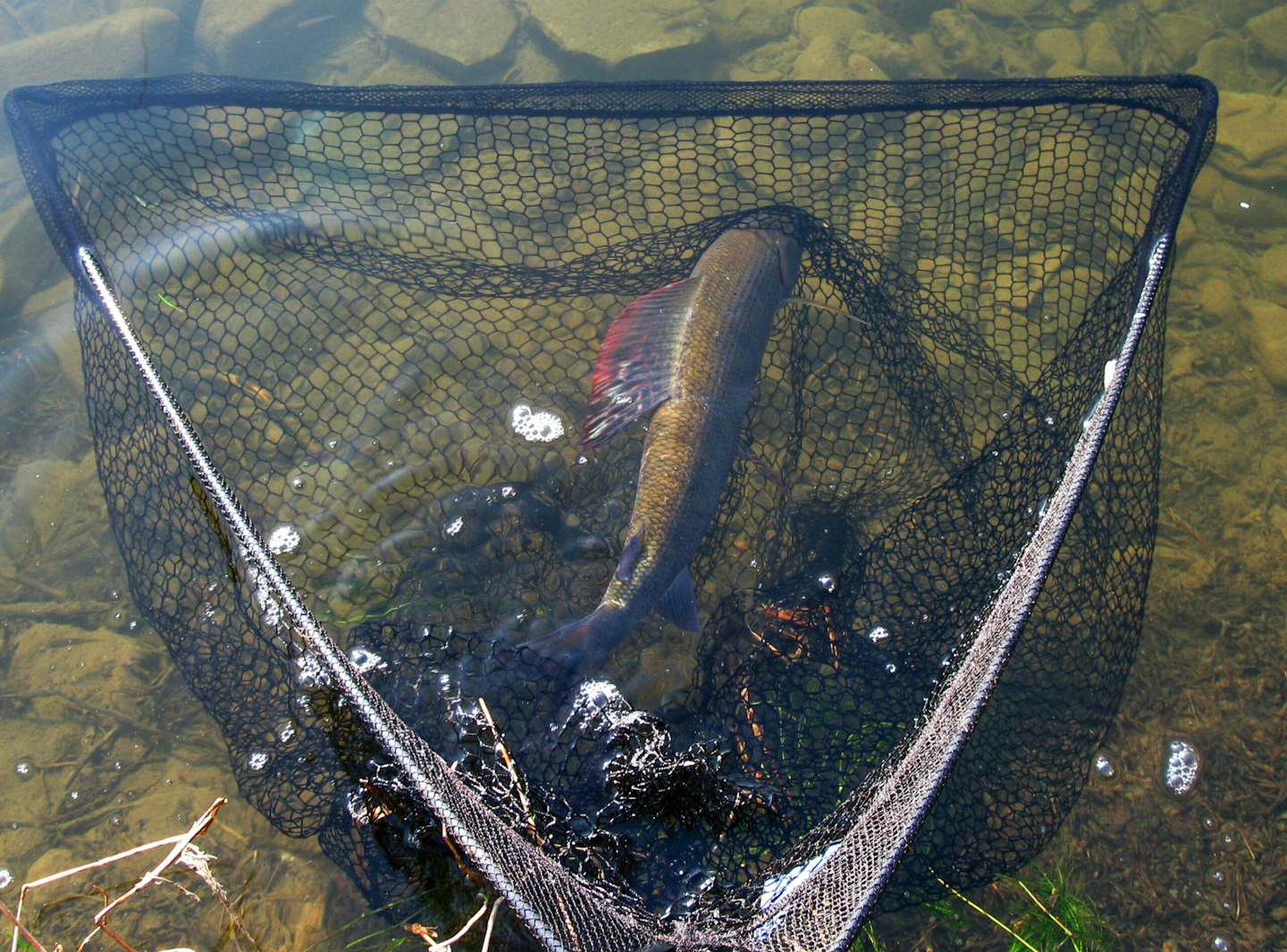Grayling, often referred to as "the Lady of the Stream," are among the most beautiful fish an angler can catch in British waters. Their bright, sail-like dorsal fin and striking mottled silver-and-black flanks make them truly stunning to behold.
Adored by both game and coarse anglers, grayling are known for their willingness to feed even in the coldest conditions, providing excellent sport throughout the season, especially when other fish are less active. Grayling are not as difficult to catch as some might think, and by following the simple tips in this article, you’ll increase your chances of catching these majestic fish.
FLOAT FISHING IS AN EXCELLENT WAY TO TARGET GRAYLING, CHECK OUT THE BEST RODS IN OUR BUYER'S GUIDE.
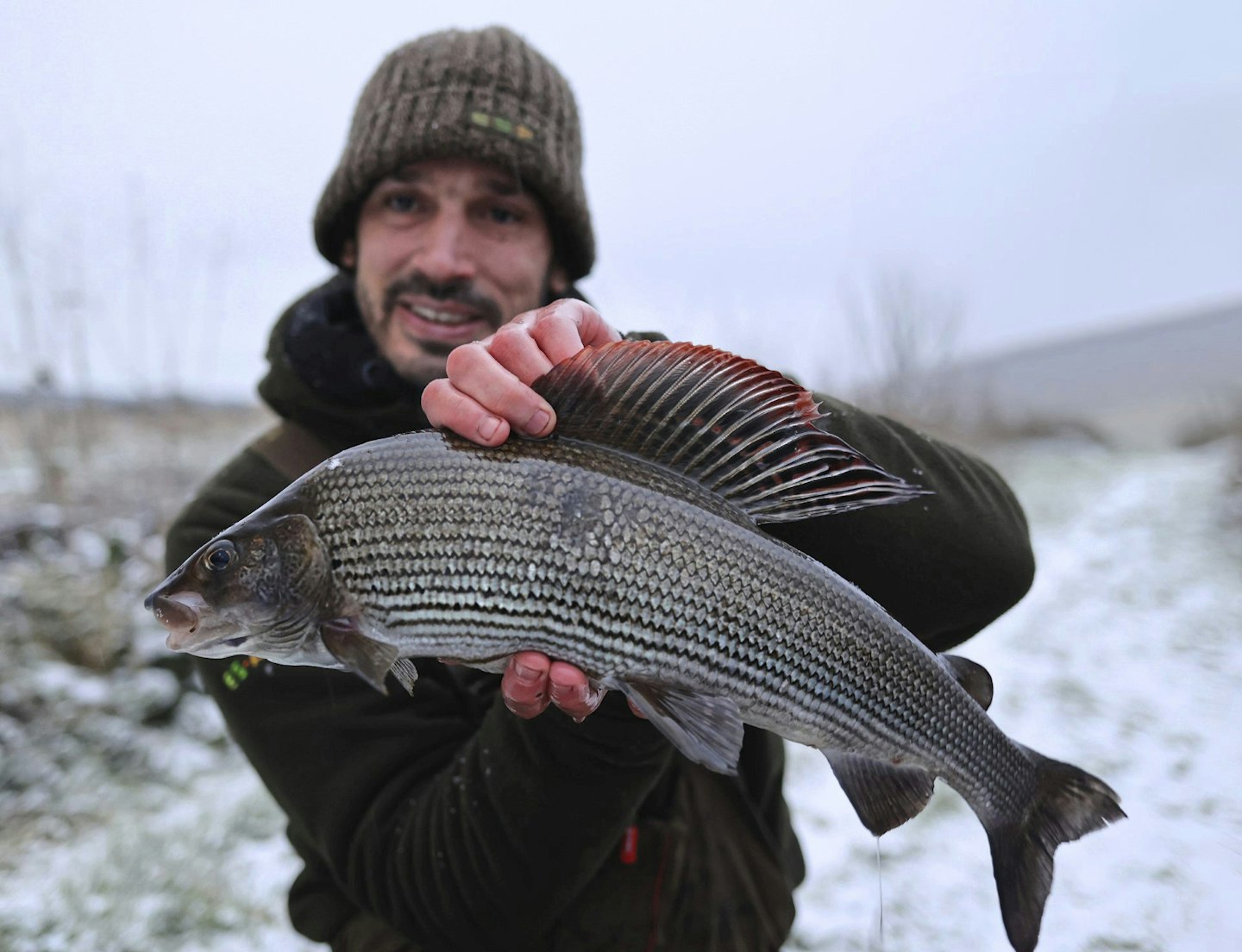
Find the flow
Grayling love a bit of extra pace, especially when the river is low and clear, so don’t hesitate to target the faster water. This approach can also help you isolate grayling, as the faster-moving water is less appealing to other species like trout or chub, reducing the risk of spooking any grayling in the area.
A PAIR OF THE BEST FISHING WADERS CAN HELP YOU GET INTO BETTER POSITIONS TO FISH EFFECTIVELY.
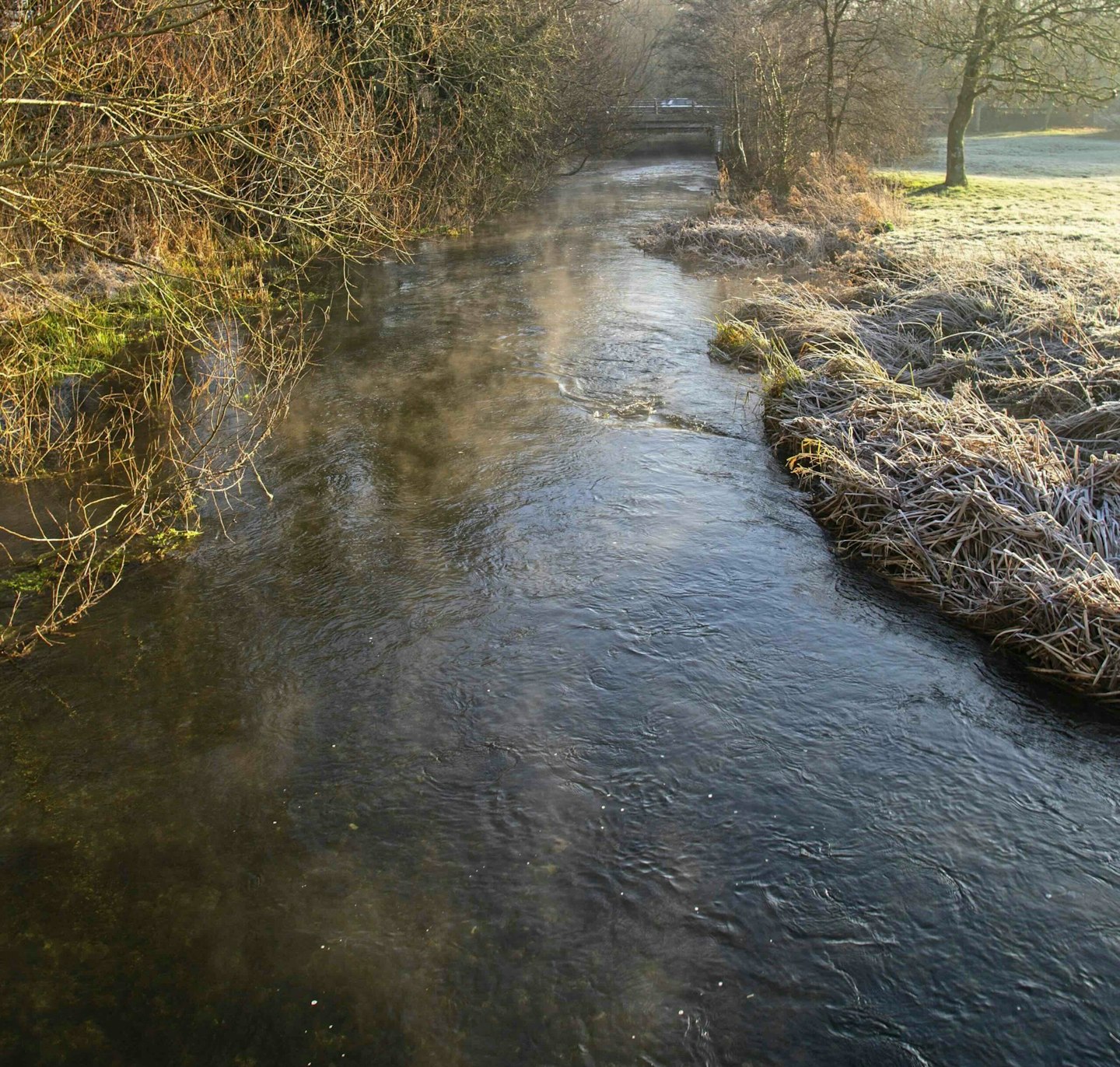
Use positive tackle
When targeting faster water, it’s essential to use a large float to navigate the often unpredictable flow. In turbulent water, presenting a bait naturally is more important than focusing on finesse. If an 8g float moves through the swim better than a 2g float, it will get you more bites, even if it looks a bit unusual. Opt for a larger hook as well, as grayling tend to twist and turn when hooked, which can lead to them coming off, so using a size 12–16 hook paired with 4–6lb mainline is an excellent choice. Using an olivette or bulk of shot around 30cm away from the hook helps keep the hookbait steady.
YOU DON'T NEED TO SPEND A FORTUNE ON A REEL, HERE ARE SOME OF THE BEST AVAILABLE UNDER £75.

Rest the swim
If grayling aren’t especially abundant in your local river, resting the swim after each fish can help rebuild the confidence of the shoal. It’s often beneficial to feed a swim for a few minutes before your first cast as well. In clear water, grayling will often reveal their presence by flashing and rising to intercept bait, making it obvious when best to make a cast.
WANT TO CATCH A GRAYLING? OUR WHERE TO FISH GUIDE HAS SOME EXCELLENT RIVERS TO TRY.
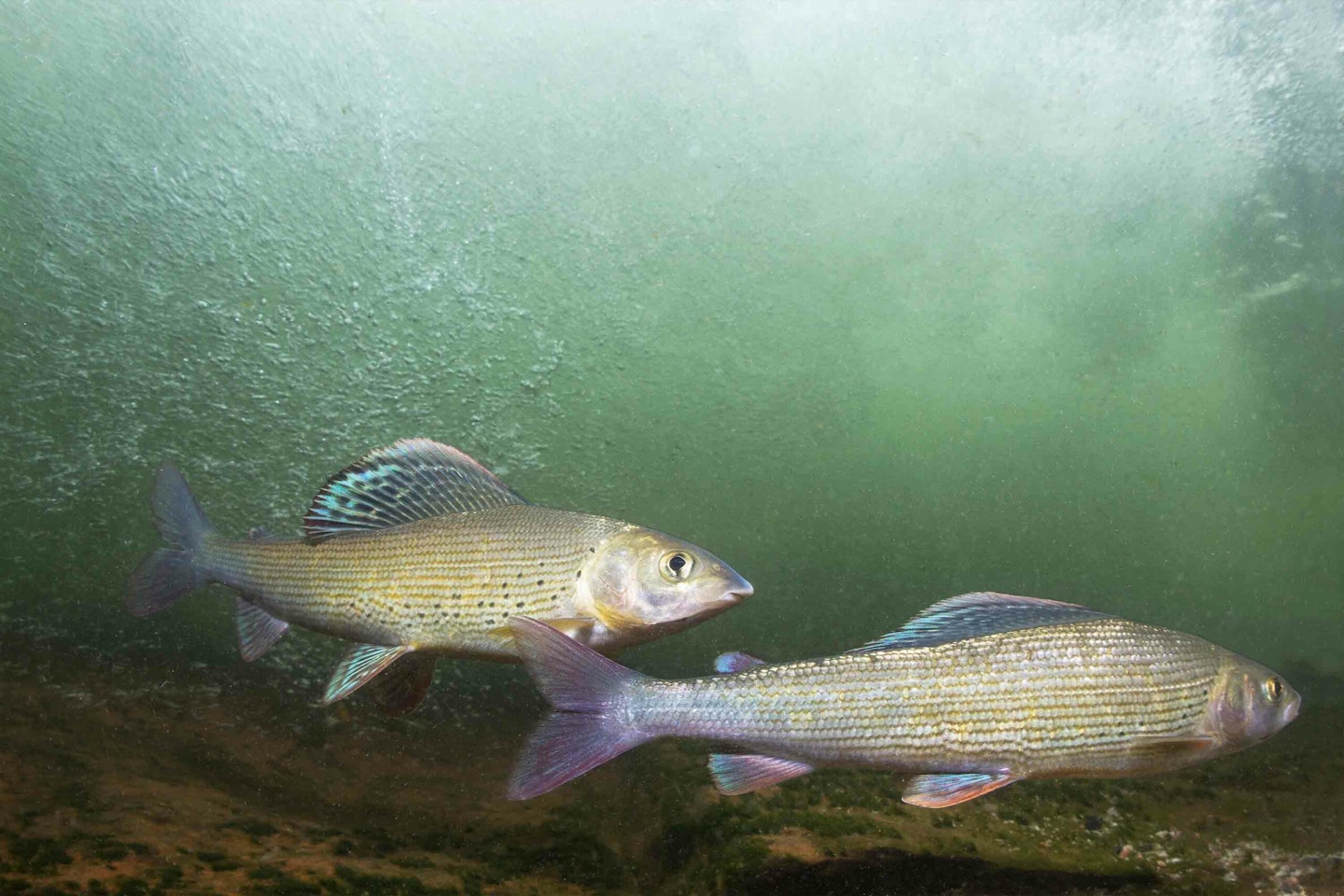
Don't overfeed
Many rivers that hold grayling are also home to trout. A feeding trout is far more aggressive and will often bully or spook grayling out of the area by outcompeting them for food. Heavy baiting can be counterproductive, as it tends to attract more and more trout into the area. Instead,feed sparingly to avoid drawing them in. It can also be effective to make a few trots through a swim without feeding; this tactic often catches grayling that are unaware of your presence.
FEEDER FISHING IS A GREAT WAY OF CATCHING GRAYLING, READ OUR EXPERT GUIDE FOR MORE TIPS.

Bait selection
While red and white maggots are exceptional baits for catching grayling, an often-overlooked but highly effective alternative is sweetcorn. Grayling have a surprising affinity for corn, which is great for targeting larger fish. It also sinks quickly, making it ideal for fast swims, as it prevents fish from following the bait downstream and out of range. Pomegranate seeds are another excellent bait choice, as they are thought to resemble trout and salmon eggs, a natural food source for grayling.
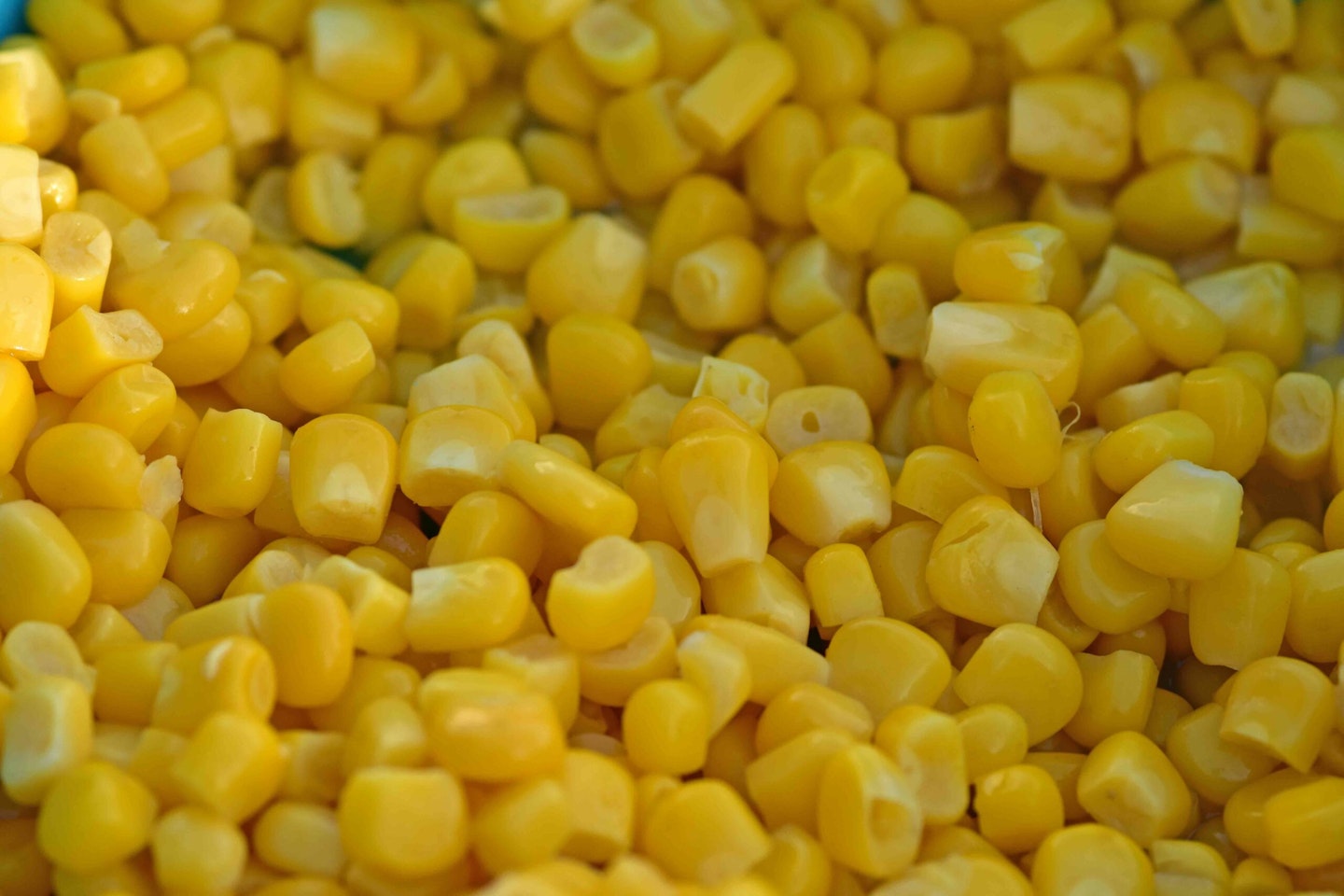
Allow them to recover
Grayling give their all in the fight so it is imperative after catching one you give the fish adequate time to recover, either by holding their head upstream in the current. There is simply no excuse for releasing grayling before they are ready to swim away.
ONE OF THE BEST LANDING NETS PROVIDES GREAT SANCTUARY FOR REVIVING GRAYLING AFTER CAPTURE.
